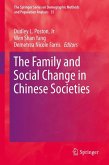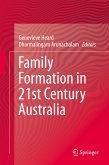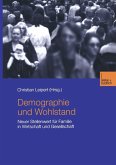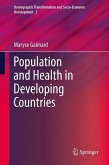Fertility rates vary considerably across and within societies, and over time. Over the last three decades, social demographers have made remarkable progress in documenting these axes of variation, but theoretical models to explain family change and variation have lagged behind. At the same time, our sister disciplines-from cultural anthropology to social psychology to cognitive science and beyond-have made dramatic strides in understanding how social action works, and how bodies, brains, cultural contexts, and structural conditions are coordinated in that process. Understanding Family Change and Variation: Toward a Theory of Conjunctural Action argues that social demography must be reintegrated into the core of theory and research about the processes and mechanisms of social action, and proposes a framework through which that reintegration can occur. This framework posits that material and schematic structures profoundly shape the occurrence, frequency, and context of the vital events that constitute the object of social demography. Fertility and family behaviors are best understood as a function not just of individual traits, but of the structured contexts in which behavior occurs. This approach upends many assumptions in social demography, encouraging demographers to embrace the endogeneity of social life and to move beyond fruitless debates of structure versus culture, of agency versus structure, or of biology versus society.
Dieser Download kann aus rechtlichen Gründen nur mit Rechnungsadresse in A, B, BG, CY, CZ, D, DK, EW, E, FIN, F, GR, HR, H, IRL, I, LT, L, LR, M, NL, PL, P, R, S, SLO, SK ausgeliefert werden.









